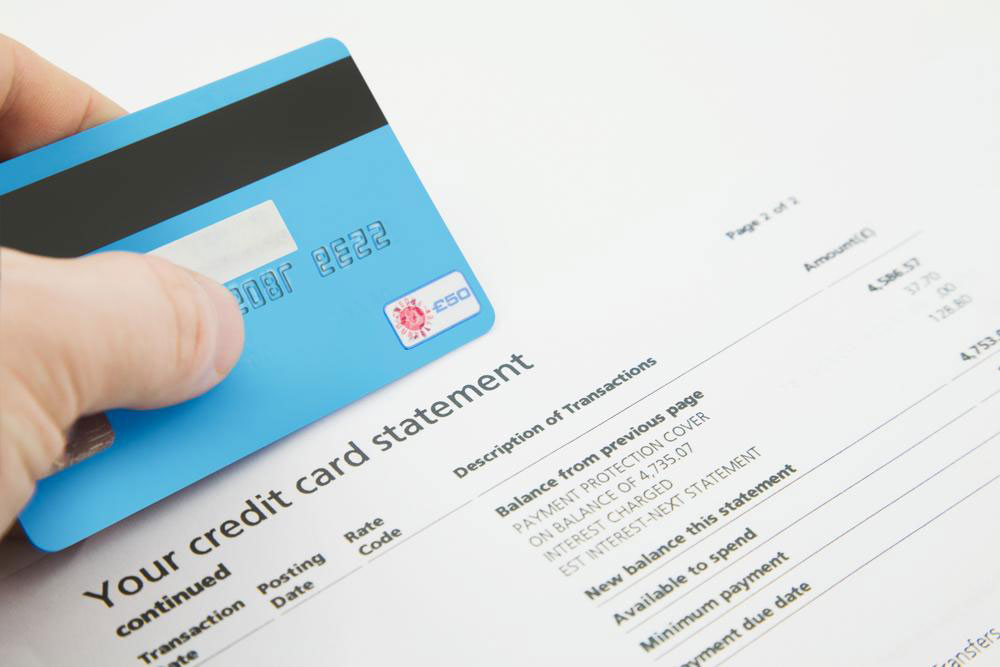Comprehensive Credit Management Tips for Young Adults Approaching 21
This comprehensive guide provides young adults with essential credit management tips as they approach 21. It emphasizes responsible financial habits like monitoring credit reports, starting with one credit card, establishing an emergency fund, and handling student loans effectively. These strategies help build a strong credit profile early on, leading to easier access to loans, better interest rates, and long-term financial stability. Staying informed through current credit news and maintaining good financial habits are key components of a successful credit journey for young adults stepping into financial independence.

Comprehensive Credit Management Tips for Young Adults Approaching 21
Turning 21 represents a significant milestone in financial independence, as it is the age at which many young adults gain the legal right to open their own credit accounts, including credit cards. This pivotal age offers a fantastic opportunity to establish a solid financial foundation for the future. However, understanding the core principles of credit management before taking on financial responsibilities is essential. In this comprehensive guide, we explore critical strategies and best practices to help young adults navigate their early credit journey successfully. From monitoring your credit profile to building responsible borrowing habits, these tips are designed to set you on a path toward financial stability and confidence.
Understanding That Creditors Monitor Your Financial Behavior Even Without Borrowing
One common misconception is that only those with active credit accounts are being watched by lenders. In reality, your financial behaviors—such as paying rent, utility bills, or phone service—are often reported to credit bureaus. These regular payments shape your credit profile and influence how future lenders evaluate your creditworthiness. Demonstrating responsible management of everyday financial obligations helps build a positive reputation in the eyes of lenders and can also impress potential employers during background checks, especially for jobs where financial integrity is paramount.
Regular monitoring of your credit report is a vital step in maintaining good financial health. Obtain free copies of your credit report periodically through authorized agencies to verify the accuracy of your information. If you encounter errors or outdated data, report them promptly to ensure your credit profile accurately reflects your financial behavior. Even if you haven't borrowed money yet, you can start establishing a positive credit history through consistent, responsible financial habits, such as paying bills on time and keeping debt levels low. Building a strong credit file early on can ease future financial endeavors, from car loans to mortgage applications.
Favor Starting Small with a Single Credit Card
When you first become eligible for a credit card, it’s best to start with one manageable account rather than applying for multiple credit lines simultaneously. This approach allows you to learn responsible credit use without becoming overwhelmed. Choose a card with favorable terms, such as no annual fee and low-interest rates, and use it to pay for everyday essentials—groceries, transportation, or online subscriptions—that you would typically pay cash for. Making sure to pay your credit card bills in full and on time each month will contribute positively to your credit score and demonstrate your capacity to manage credit responsibly.
Establishing an Emergency Fund: Your Financial Safety Net
Life is unpredictable, and unforeseen expenses can arise at any time. Relying solely on credit can lead to debt spirals and financial stress. Therefore, creating an emergency fund should be a priority from the outset. Aim to set aside enough cash—equivalent to three to six months’ worth of living expenses—in a separate, easily accessible account. This fund acts as a financial buffer during emergencies such as medical issues, job loss, or urgent repairs, enabling you to handle crises without resorting to high-interest credit solutions or loans.
Leveraging Student Loans to Build Good Credit
For many young adults, student loans are an initial form of credit. Properly managing these loans by making timely payments positively impacts your credit history. Conversely, late payments or defaults can cause significant harm, making it harder to secure future credit at favorable rates. Before taking out a student loan, thoroughly understand the loan's terms, repayment obligations, and interest rates. Always prioritize punctual payments and consider setting up automatic payments to avoid missing deadlines. Responsible handling of student debt can pave the way for a robust credit profile, facilitating future borrowing needs like car loans or home mortgages.
By implementing these comprehensive tips—monitoring your credit, managing one credit card responsibly, establishing an emergency fund, and handling student loans diligently—you lay the groundwork for a healthy and durable credit profile. Good credit habits developed now will serve as a cornerstone for your financial independence, offering easier loan approvals, better interest rates, and increased financial opportunities later in life.
Stay Informed with the Latest Credit and Financial News
Staying updated on credit policies, financial trends, and investment opportunities is crucial. Follow reputable sources on social media platforms such as Facebook and Twitter for ongoing advice, news updates, and expert tips to enhance your financial literacy and decision-making capabilities.





